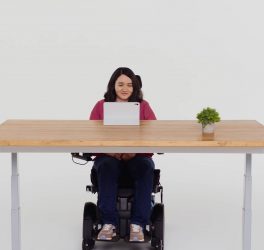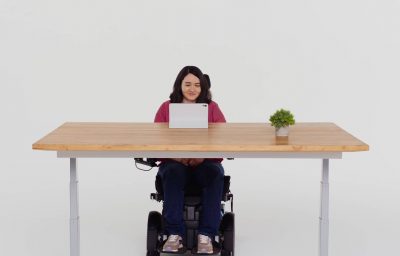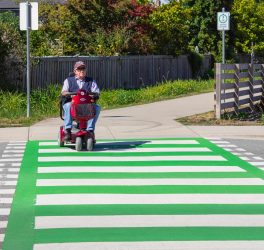Campaigners have called on the BBC to halt plans to wind down its text-based red button services, arguing that they remain an important source of news and information to older less web-savvy viewers, especially those with limited sight and hearing, CMU reports.
The BBC announced last year that it would start to phase out its red button content services in 2020. Those services first launched in 1999 to replace the Beeb’s old fashioned teletext platform Ceefax. They allowed people to access news headlines, sport updates, weather and travel via their telly’s remote control.
Use of the red button has slumped as more and more viewers sit in front of their television with a smartphone in hand, able to access all the same content through the BBC’s portfolio of apps. That makes the not inconsiderable cost of also providing that content via the red button harder to justify, given the ongoing need for the broadcaster to save money. To that end, red button services are set to start winding down this week.
The National Federation Of The Blind has called for the red button services to be saved, arguing that it is “vital for blind, deaf, disabled and older people, as well as many other people who want to find out information independently in an easy, convenient and accessible format, who are not online”. Removing the service, it says, “will leave many people, who are already vulnerable, further isolated and marginalised from society”.








